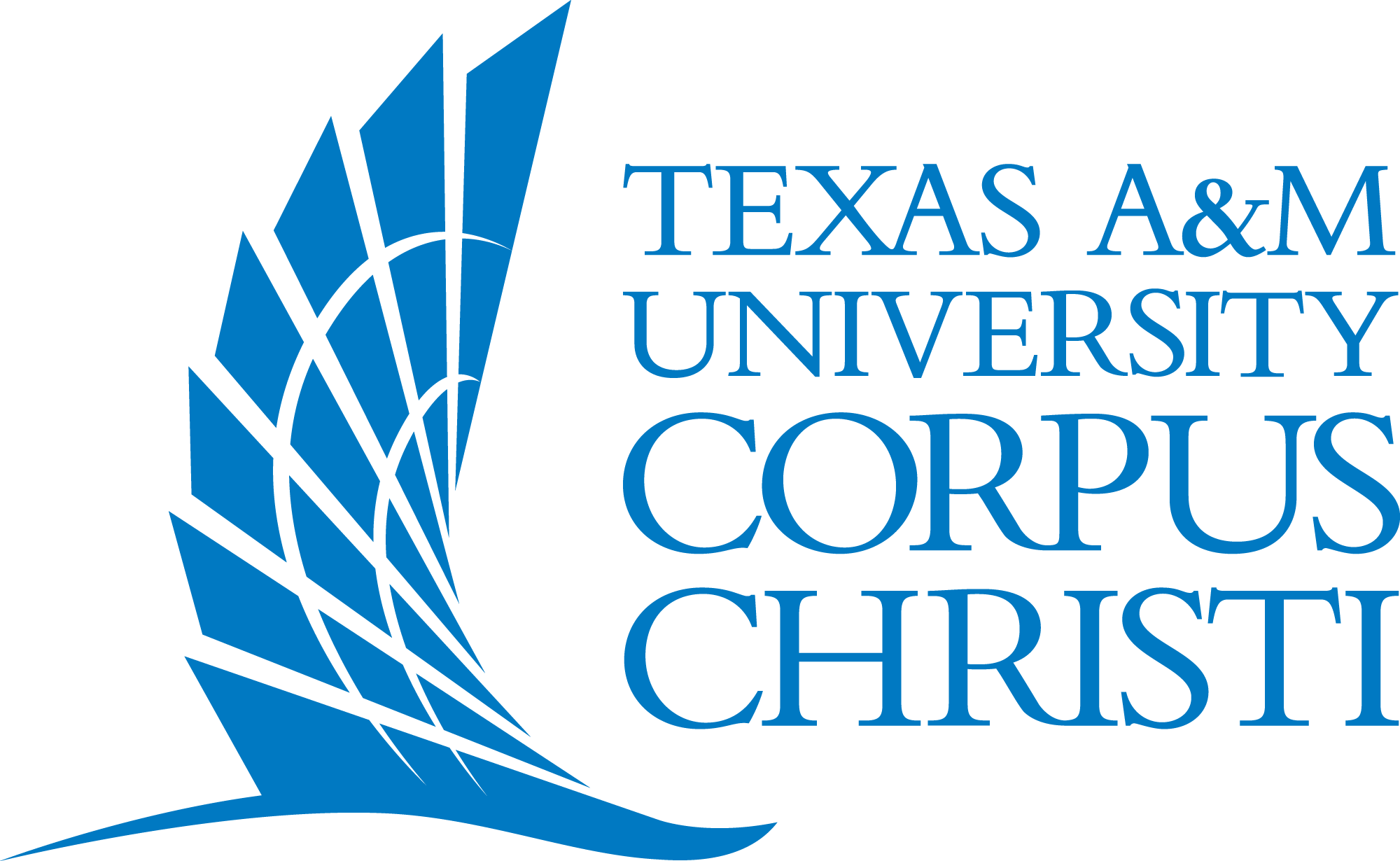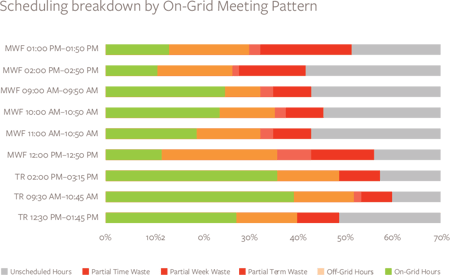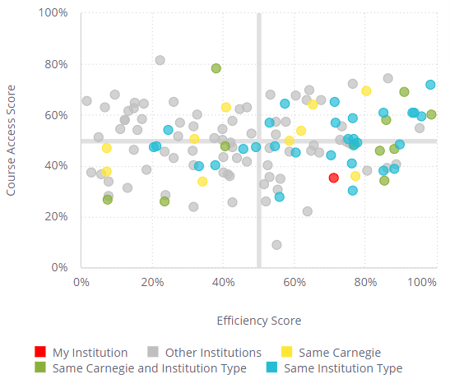The Student-Centered Course Scheduling Initiative: AASCU and Ad Astra Partner to Remove Barriers to Student SuccessThe Student-Centered Course Scheduling initiative supports 20 AASCU member institutions in transforming how courses are offered, sequenced, and staffed—so students can get the courses they need when they need them to stay on track to graduation. |
|
A National Effort to Make Course Scheduling Work for Students
Funded by a $2.4 million grant from Ascendium Education Group, the Student-Centered Course Scheduling initiative includes 20 regional public universities across the U.S. receiving technical assistance from Ad Astra. The effort builds on the proven success of an 11-institution pilot conducted from 2022 to 2024, which demonstrated the power of student-centered scheduling to remove barriers and improve student progress.


Participating Institutions











Removing barriers to student success.
One of the most essential elements to a student’s academic success is getting the courses they need to complete their degree. Yet, research indicates that at most institutions, the course schedule has become a structural barrier to success.
AASCU received funding from The Ascendium Education Group to improve course scheduling and ensure that access to courses required for degree completion is not a barrier to success, especially for low-income students and students of color.
Fast Facts
Participating Institutions in the APLES cohort
xxxxxxxxxxx
xxxxxxxxxxx
Project Solution Focus Areas
“I believe when we can place the data in front of others, it becomes undeniable that changes must be made.”
- Fresno State University

Meeting Pattern Analysis
A foundational component of scheduling infrastructure is the meeting pattern grid. Sometimes called a block schedule or clock schedule, the meeting pattern grid defines the standard patterns that an institution uses to offer sections. Scheduling outside of the standard grid can impact all students, but can it impact low-income students and students of color more? Institutions in the cohort found that a review of section adherence to the standard grid can be a key student success strategy.

General Education Scheduling
Most students need to start by taking key general education courses in their first semester and year of college, but for most four year institutions, these courses are the most bottlenecked during registration. Students can often register for a schedule but is it the right schedule for them? Institutions in the cohort are addressing course scheduling bottlenecks to ensure students have access to the required courses in the first year.

DFW Analysis and Course Combinations
Institutions often analyze the number of students who make a grade of D or F or withdraw from a course when analyzing student success. This data can be used to determine instructional supports required for individual courses. Within the cohort, institutions are analyzing courses that when taken together are more likely to result in a negative outcome. While this initiative can help advisors to provide excellent guidance in the course selection process, it also can assist institutions in revising their pathways or student plans to encourage student success.

Momentum Year
The data from Ad Astra and Complete College America (completecollege.org/momentum/) clearly show the impact of early momentum on student success. Institutions in the cohort are utilizing data to determine students who are not on track to complete the key English and Math gateway courses in the first year with the intention of encouraging registration in a future semester. The data indicates that students of color and low income students are less likely to complete Momentum Year requirements and ensuring seats are available for these students can be an important way to improve momentum and Degree Velocity®.

Data Socialization and Awareness
No one wants to offer sections with less-than-optimal enrollment and no one wants to inhibit a student’s ability to get a section that they need, but every schedule has some elements of these problems. Course scheduling is a complex activity on all campuses. One of the early steps in this project was to provide scheduling effectiveness benchmarks. These benchmarks allow institutions to see where they stand relative to goals in the industry, and making key scheduling stakeholders aware of the data can be a necessary first step in accelerating the need for change.
Success Stories
550+ institutions. 4.5 million students. And counting.

Efficient scheduling for 15,000+ unique class sections a year.
Discover how the University of Missouri-Kansas City improved student success through smart academic course scheduling.


8% increase in retention year over year
See how Northwest Missouri State University leveraged Ad Astra’s scheduling tools to create operational efficiency, transparency across departments, and ultimately help improve student outcomes.


$350k savings during a multi-year configuration of academic building resources
When Western Kentucky had to reallocate 156 rooms due to a building shutdown, Ad Astra powered fast rescheduling decisions using room and resource data – ultimately helping the university achieve a six-figure savings.


“Six-year graduation rates improved by 6% and average student contact hours improved by 4.2%”
Discover how Lamar University achieved something many universities haven’t been able to do: Multi-term scheduling centralized within their registrar’s office. But the story doesn’t end there.

The Smart Scheduling Guidebook
A guide to tackling the four essential pillars required to create efficient, financially sustainable schedules that promote equitable student retention and completion. This guide provides step-by-step, practical advice to help level up your scheduling strategies to accelerate progress.

2024 Student Benchmark Report
This comprehensive analysis of more than 1.3 million students explores the impact of progress bands, flexible schedules, and financial sustainability on retention and completion. Discover key insights, including the pivotal role of "taking one more course" on timely degree completion.







